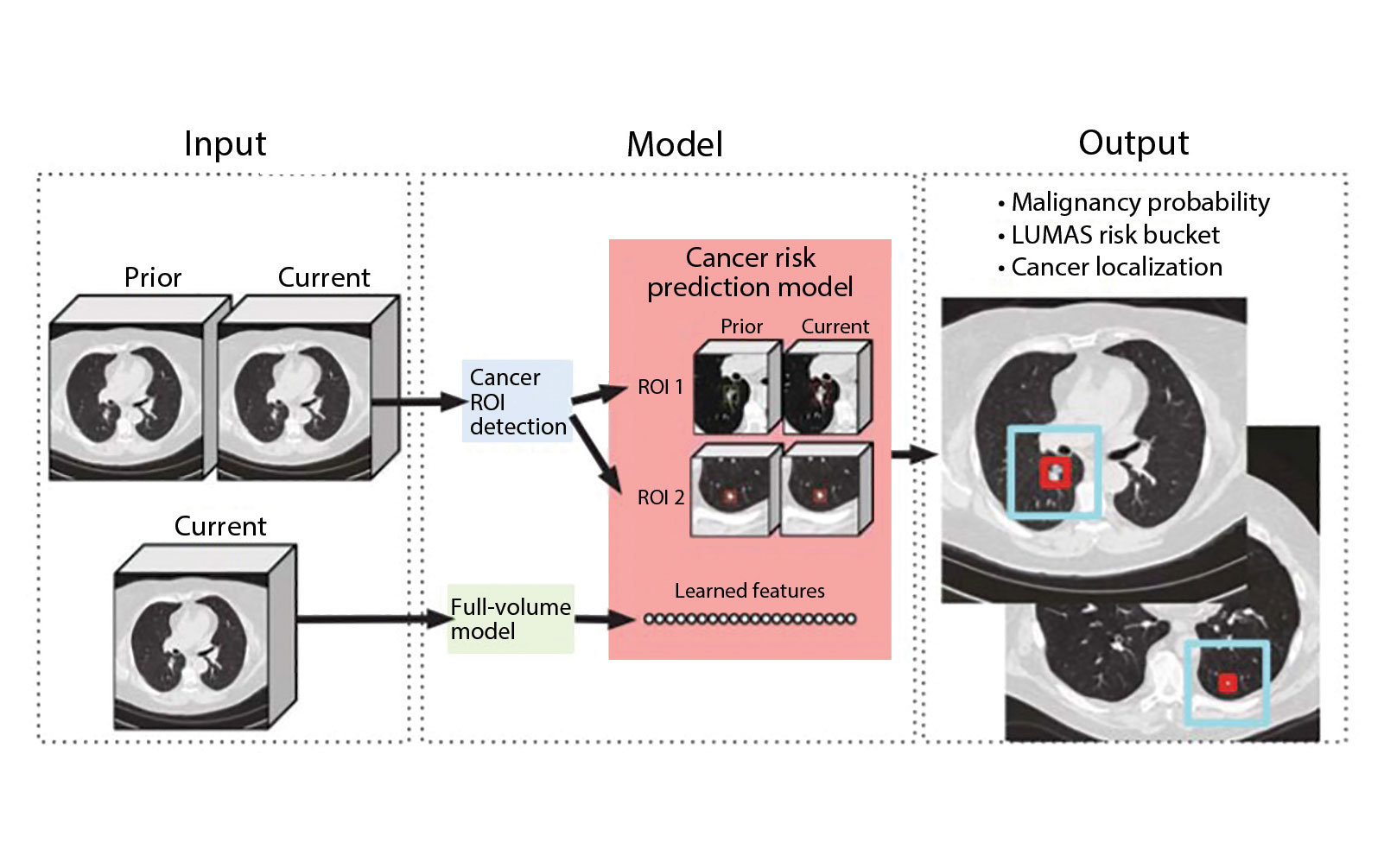
AI-Powered Algorithms Enhance Precision in Cancer DetectionAI-Powered Algorithms Enhance Precision in Cancer Detection The advent of artificial intelligence (AI) is revolutionizing the healthcare industry, and its impact is particularly significant in cancer detection. AI-powered algorithms are aiding medical professionals in enhancing the accuracy and efficiency of cancer diagnoses, leading to improved patient outcomes. Precise Image Analysis AI algorithms can analyze large volumes of medical images, such as CT scans and MRI scans, with unprecedented speed and precision. They can detect subtle patterns and anomalies that may be overlooked by the human eye, leading to earlier and more accurate cancer detection. For example, an AI algorithm developed by Google AI can detect breast cancer with the same accuracy as a human pathologist. Personalized Risk Assessment AI algorithms can also use patient data to assess their individual risk of developing cancer. By analyzing a patient’s medical history, lifestyle, and genetic information, these algorithms can identify those at high risk and recommend tailored screening and preventive measures. This personalized approach allows for proactive detection and intervention, increasing the chances of successful treatment. Targeted Treatment Planning Once cancer is detected, AIalgorithms can help determine the most effective treatment plan. By analyzing tumor characteristics, such as size, shape, and genetic makeup, these algorithms can predict how a patient is likely to respond to different therapies. This information helps oncologists tailor treatment plans to the individual needs of each patient, maximizing their chances of achieving a positive outcome. Improved Patient Monitoring AI algorithms can also be used to monitor patients after cancer treatment. By tracking their health data, such as blood tests, scans, and symptoms, these algorithms can detect signs of recurrence or complications early on. This allows for timely intervention, preventing serious complications and improving overall patient outcomes. Conclusion AI-powered algorithms are transforming cancer detection, enabling medical professionals to diagnose cancer more accurately, personalize risk assessment, determine optimal treatment plans, and monitor patients effectively. As these algorithms continue to evolve, they will play an increasingly vital role in the fight against cancer, leading to improved patient survival rates and enhanced quality of life.
Posted inNews